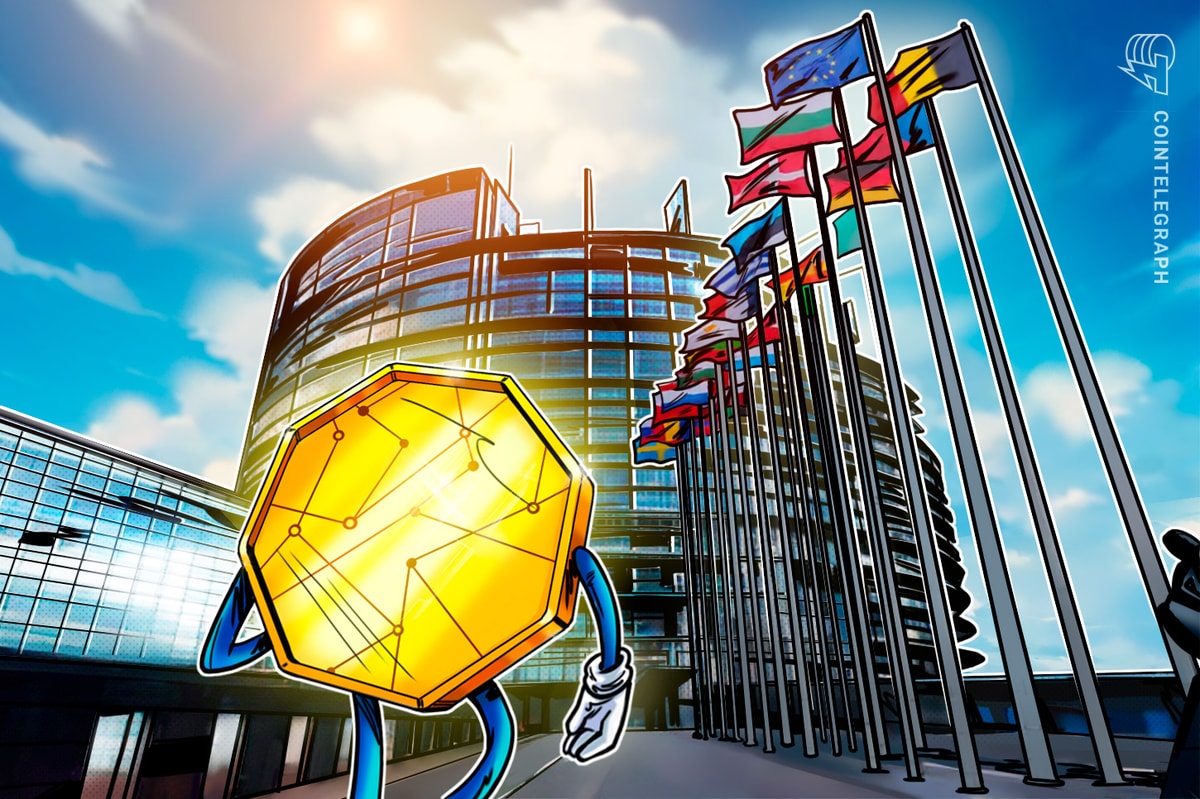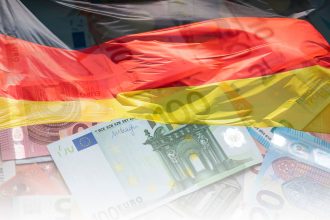Regulators Eye Robinhood’s ‘OpenAI Token’ Legitimacy Concerns
Robinhood’s tokenized stock offerings are facing regulatory scrutiny in the European Union following a direct warning from OpenAI that its associated “tokens” do not confer actual equity ownership in the company.
The clarification from OpenAI has drawn scrutiny from Lithuania’s central bank (Bank of Lithuania), Robinhood’s primary European regulator. Spokesperson Giedrius Šniukas confirmed the bank is seeking clarification.
According to a spokesperson cited by CNBC, the Bank of Lithuania is “awaiting clarifications” on Robinhood’s stock token offerings tied to OpenAI and SpaceX. Šniukas stated, “Only after receiving and evaluating this information will we be able to assess the legality and compliance of these specific instruments.”
Raised concerns center specifically on Robinhood’s private equity tokens for non-publicly traded companies, namely OpenAI and SpaceX. As reported by Cointelegraph, OpenAI itself has stated these tokens do not represent equity stakes.
Galaxy Research described these equity tokens as essentially “derivatives that provide indirect exposure to the underlying asset.”
Owning a Piece of the Tokenization Market
Robinhood entered this space with a launch supported by a layer-2 blockchain on June 30. The brokerage aims to offer over 200 US stock and ETF tokens in Europe. While the focus is on this regulatory issue, contextually, the enterprise figures Robinhood is competing in a quickly expanding market estimated at $24 billion.
Despite questions from some about the market size due to tracking difficulties, major financial institutions like BlackRock and Franklin Templeton have already forayed into tokenization. Reports highlight growing traction in tokenizing traditional assets like private credit and working capital, enhancing liquidity and efficiency.
Unlike the vast majority ($23+ billion) in private credit and related instruments, tokenized securities themselves amount to just $188 million, though analysts foresee substantial potential growth. Tokenized funds have also experienced scaling.












